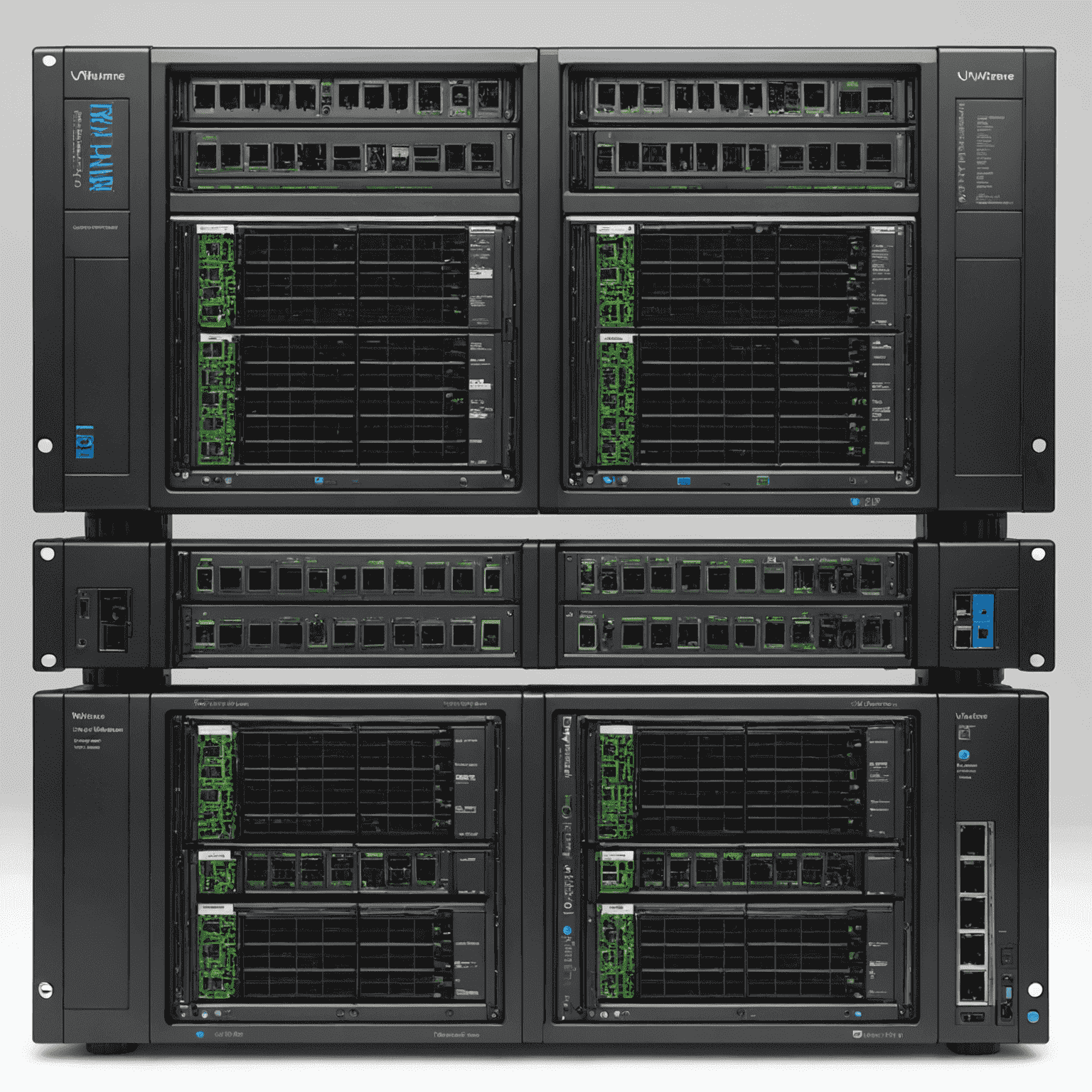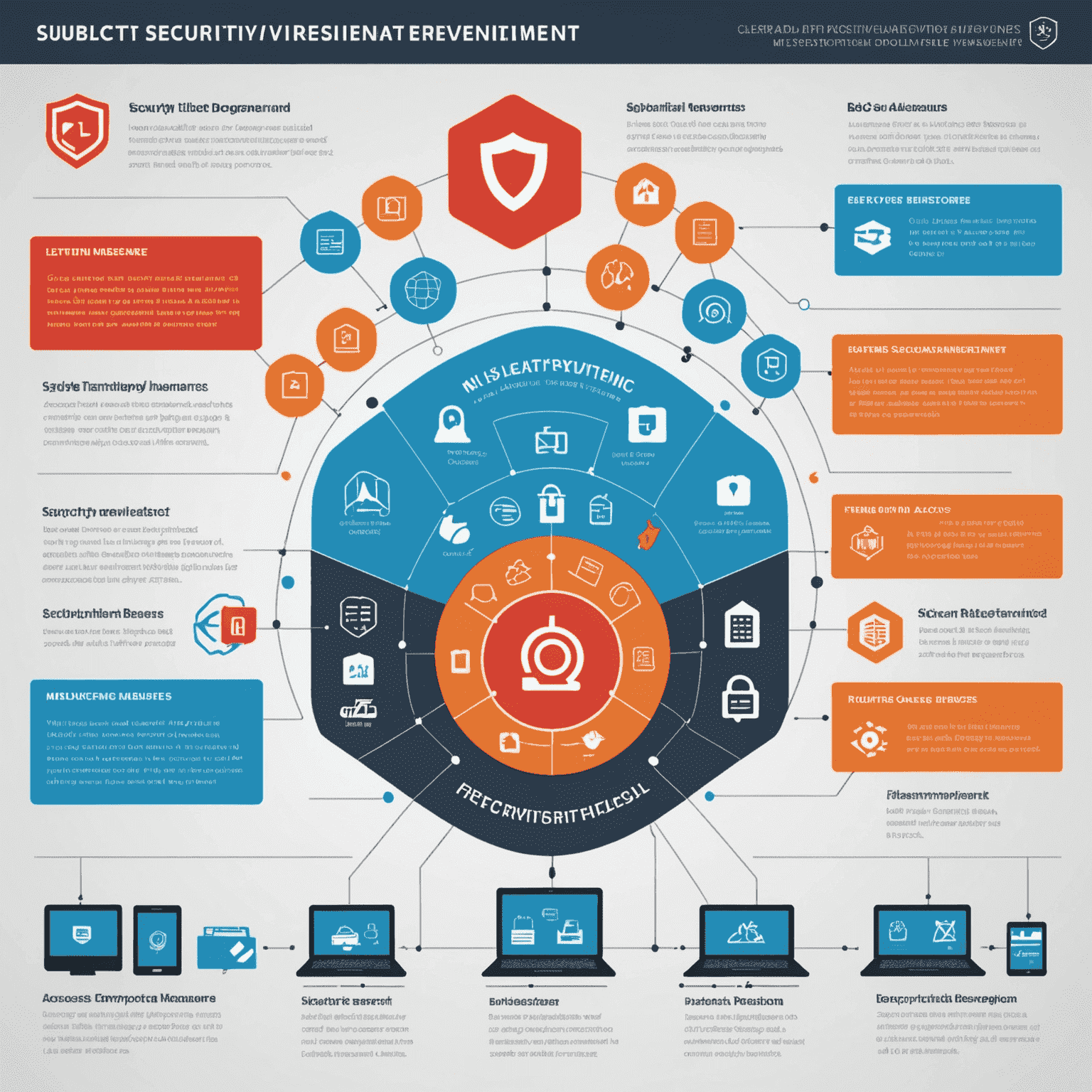Latest Virtualization Trends
Stay ahead of the curve with our comprehensive overview of the most recent developments in virtualization technology. We'll explore advancements in VMware, Docker, Hyper-V, and QEMU that are shaping the future of virtual machine management.

VMware: Pioneering Cloud-Native Solutions
VMware continues to lead the charge in enterprise virtualization with its latest vSphere updates. The new features focus on enhancing cloud-native application support, improving security measures, and streamlining virtual machine management processes. VMware vSphere Client has undergone a significant overhaul, offering a more intuitive interface for administrators managing large-scale virtualized environments.
Docker: Revolutionizing Container Orchestration
Docker has made substantial strides in simplifying container deployment and management. Recent updates to Docker Engine and Docker Desktop have introduced improved resource utilization, enhanced security features, and better integration with Kubernetes. These advancements are making it easier for developers to build, ship, and run distributed applications.
Hyper-V: Microsoft's Virtualization Powerhouse
Microsoft's Hyper-V has seen significant improvements in its latest release. With enhanced support for Linux guests, improved storage migration capabilities, and better performance for nested virtualization, Hyper-V is becoming an increasingly attractive option for organizations heavily invested in the Microsoft ecosystem.

QEMU: Open-Source Virtualization Advances
The open-source QEMU project continues to evolve, offering improved performance and compatibility. Recent updates have focused on enhancing hardware-assisted virtualization support, improving graphics performance, and expanding the range of emulated devices. These developments make QEMU an increasingly viable option for both personal and enterprise use cases.
Cross-Platform Integration and Management
One of the most exciting trends in virtualization is the growing emphasis on cross-platform integration and management. Tools that allow seamless management of virtual machines across different hypervisors are becoming more sophisticated, enabling IT teams to optimize their infrastructure regardless of the underlying virtualization technology.
Security Enhancements
As virtualization becomes more prevalent, security remains a top priority. All major platforms have introduced advanced security features, including improved isolation techniques, enhanced encryption for virtual machine data, and more robust access controls. These developments are crucial for maintaining the integrity and confidentiality of virtualized workloads.

The Future of Virtualization
Looking ahead, we can expect to see further advancements in areas such as AI-driven resource allocation, even more seamless hybrid cloud integration, and continued improvements in performance and efficiency. As virtualization technologies mature, they will play an increasingly critical role in enabling flexible, scalable, and resilient IT infrastructures.
Stay tuned to V-Repo Store Service & Consulting for the latest updates and expert insights on virtualization technologies. Our team is always ready to provide top-notch tech support and consulting services to help you navigate the ever-evolving landscape of virtual machine management.